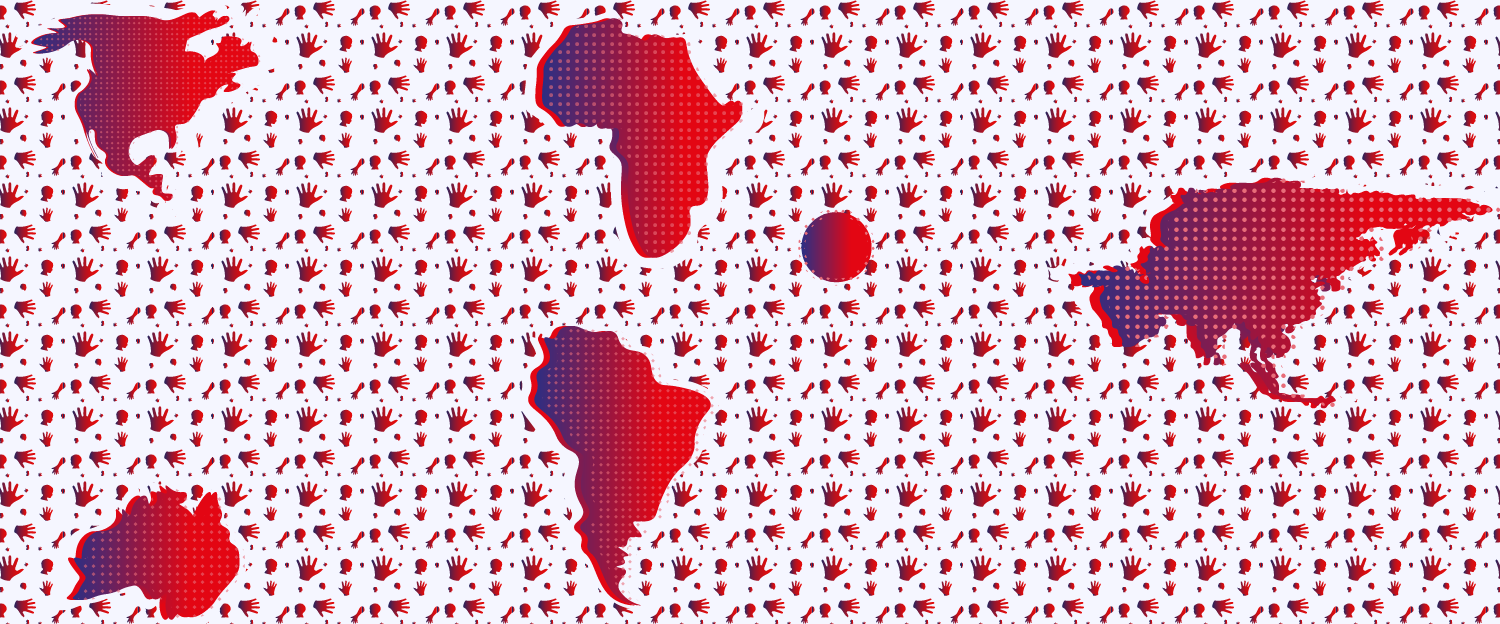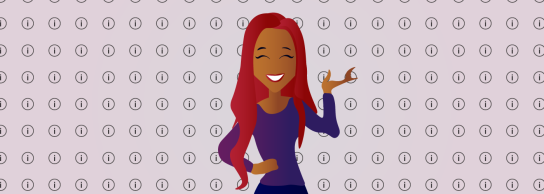 article icon
article icon
Education & Development
Closing the awarding gap: practical actions to support Black and minority ethnic students
Drawing on recent research and Open University scholarship (2020–2024), Rajvinder Samra explores how educators can help to close the awarding gap for Black and minority ethnic students.
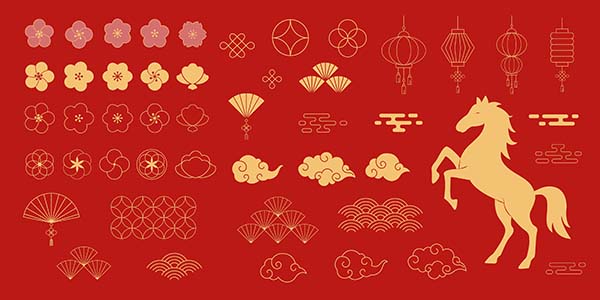 article icon
article icon
Languages
Year of the Horse: Chinese Lunar New Year
Happy Chinese New Year of the Horse! As the Lunar New Year approaches once again, millions of people across the world prepare to welcome a new zodiac cycle with festive celebrations, family gatherings, and expressions of hope for the year ahead.
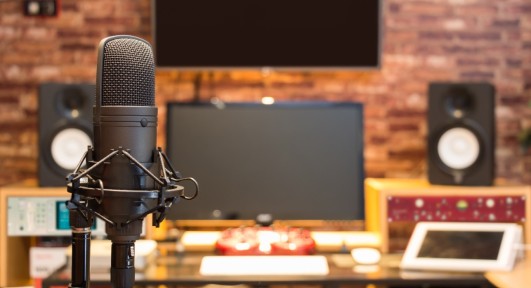 audio icon
audio icon
Education & Development
Black and Minority Ethnic Network Podcasts - series 2
Katherine Jegede returns to host the second series of a podcast to discuss the experiences of Black and Minority Ethnic staff and students at the OU. It showcases academic research and projects, plus covers the work happening within the institution in relation to race and ethnicity.
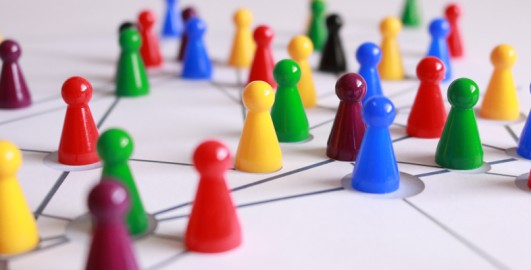 free course icon
level 1: introductory icon
Badge icon
free course icon
level 1: introductory icon
Badge icon
Money & Business
Working in teams
This course will help you consider your experience of working in teams and the different roles you play in them. It will increase your confidence in marketing this key skill to employers as well improve your ability to perform well in teams you are currently part of.
 article icon
article icon
Society, Politics & Law
Researching at the Margins: How Collective Autoethnography centred Black mothers’ knowledge
How can collective autoethnography create space for marginalised voices in research? Mel Green reflects on how everyday conversations between Black mothers became a rigorous, community-rooted method that reveals insights traditional research often misses.
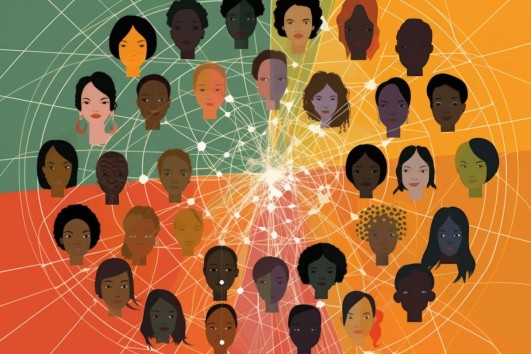 article icon
article icon
Education & Development
Mothering at the Margins: Amplifying and validating the voices of Black mothers of autistic children
Black mothers of autistic children face challenges that go far beyond parenting. This research reveals how racism, gender inequality and ableism combine to create a ‘triad of oppression’ and why urgent change is needed.
 article icon
article icon
History & The Arts
Hip Hop and the Institution: Darren Abracadazra
Spoken word artist Darren Abracadazra performed at The Open University’s Hip Hop and the Institution conference. Here, he talks about his influences, poetry and ‘X Factor’...
 article icon
article icon
History & The Arts
The historical and ongoing persecution of Europe’s gypsies
It’s estimated that 25% of the Roma pre-war European population perished as a result of Nazi persecution. This article explores the anti-Roma prejudice that still goes on today, and what can be done to tackle it.
 video icon
video icon
Science, Maths & Technology
Guide to engaging with the Gypsy, Roma and Traveller community
The GRACE Project is shedding light on genetics and health within the Gypsy, Roma and Traveller community. Through research, dialogue, and storytelling, it aims to empower communities, tackle health inequalities, and spark conversation about the role of genetics in everyday life.
 free course icon
level 1: introductory icon
free course icon
level 1: introductory icon
Languages
Beginners’ Chinese: a taster course
Learn about Mandarin Chinese as a tool for communication and gain insights into Chinese society and culture. This free course, Beginners’ Chinese: a taster course, provides a brief introduction to the Chinese language, its scripts and sounds, and how words are formed. You will hear short conversations where people greet each other and introduce ...
 free course icon
level 1: introductory icon
Badge icon
free course icon
level 1: introductory icon
Badge icon
Money & Business
Diversity and inclusion in the workplace
Do you feel concerned about a lack of diversity in your workplace? Is this something you want to address? Perhaps you’d like to feel more informed on a personal level before taking it further organisationally? This free course introduces you to the benefits and complexities of developing and supporting a diverse and inclusive workforce. It ...
 article icon
article icon
Education & Development
The Black History Month Talks: Reclaiming Narratives
As part of Black History Month, The Open University’s Black and Minority Ethnic Staff Network presents a series of short talks exploring the theme Reclaiming Narratives. These talks invite reflection on how Black communities can take ownership of their stories, challenge stereotypes, and ensure future generations inherit a richer, more truthful ...
